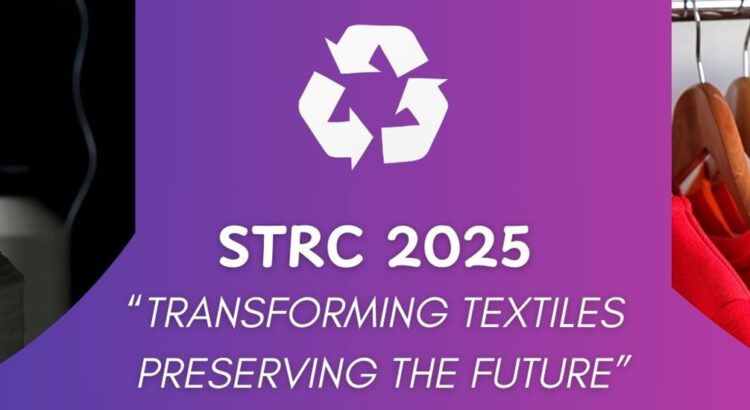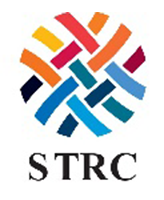Diana Wyman Most people understand why UV protection is important – exposure to ultraviolet radiation from the sun can cause uncomfortable sunburns and deadly cancers. Clothing and headwear are key sources of protection when they are tested, labeled, and worn correctly. Examine the science of ultraviolet protection factor, or UPF, and the art of making […]
Author: STRC Admin
Diana Wyman
Diana Wyman is Executive Vice President of AATCC, a professional association, education resource, and standards development organization for the textile industry. Diana has been involved in all aspects of textile testing—from managing a contract lab to developing specifications for a retail brand. She participates in the ongoing standards development process through several global organizations. Diana […]
STRC 2023 – A Resounding Success!
The 2023 Southern Textile Research Conference (STRC) was a resounding success. The conference focused on the theme of “Approaches for Navigating a Changing Textile Supply Chain” and featured a lineup of engaging presentations that addressed various aspects of the textile industry. The conference began with Nelson Houser delivering the Keynote Address titled “I Remember When: […]
Martin Flora
Martin Flora graduated with a BA in Textile and Fashion Design and a Graduate degree in Design from the Chamber Syndicale in Paris, France. Wide variety of industry experience from High fashion in Paris, to brand creation for large companies like Columba Sportswear and high tech product / fabric design for US DOD with Massif […]
New water-free finishing technology – EMPEL™ Process
Changing market conditions require new ideas and business models. Green Theme’s market strategy: focus on superior performance technologies that outperform existing solutions. The benefits of efficiency are higher margins and sustainable products. The GTT Water-free EMPEL platform is an example of doing things differently where profit drives change.
Cotton Traceability
Traceability in cotton involves tracking the path of cotton fibers from their origin to the end product.Cotton is a natural fiber, typically grown in warm weather regions across the globe in many countriesspanning multiple soil-types, management practices, environmental stressors, and varying social andenvironmental sustainability standards. Cotton from numerous regions are utilized by spinning millsacross the […]
PFAS Free Finishing and Other Trends in Finishing Chemistry
Protection and comfort are nowadays more than ever fundamental functions of textiles in various end use segments. But the chemicals required for effect customization are going through serious revisions. These are globally driven by increasingly stringent regulations where safer handling and reduced environmental impact are key objectives. Additionally, there are also more and more challenging […]
Dr. Yiqi Yang
As a textile chemical engineer, Dr. Yiqi Yang is a Charles Bessey Professor of textiles and BiologicalSystems Engineering at the University of Nebraska-Lincoln. His research focuses on development ofbiobased fibers and chemicals, and environmentally responsible technologies for textiles. Examplesinclude developing new lignocellulosic, protein and synthetic fibers and chemicals from agriculturalbyproducts and wastes, and recycling spent […]
A Dyer’s Responsibility for a More Sustainable Textile Industry
Dr. Yiqi Yang,Charles Bessey Professor Department of Textiles, Merchandising and Fashion DesignDepartment of Biological Systems Engineering University of Nebraska-Lincoln. 234 GNHS Bldg, Lincoln, NE 68583-0802 E-mail: yyang2@unl.edu We report our efforts to diminish the use and/or discharge of toxic chemicals in dyeing and recycle dyesand fibers from waste and afterlife textiles. Textile industry has been […]

